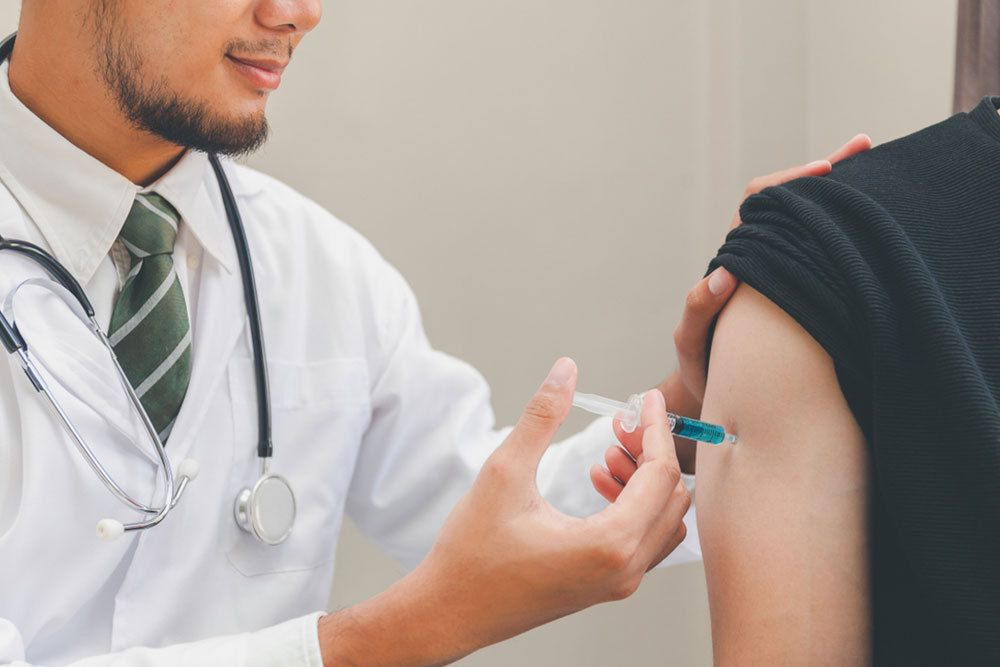All You Should Know About Pneumococcal Pneumonia Vaccine
Pneumococcal disease is quite common in children and adults, with adults having a higher risk increasing with age, to a severe illness that may result in death. Statistics indicate that about 16000 adults aged 65 years or older die in the United States annually from pneumococcal disease exhibiting severe infections of the lungs, bloodstream as well as the spinal cord and brain lining. However, the pneumococcal disease is preventable by the administration of two kinds of pneumococcal pneumonia vaccine.

Who Should Get the Vaccine?
The pneumococcal pneumonia vaccine is ideal for adults over the age of 65 years as their body’s immune system no longer works effectively as before and may have difficulties fighting a pneumonia infection. Administer the vaccine to individuals that have a weakened immune system from conditions such as HIV and AIDS, chemotherapy treatment, organ transplants, heart disease, etc., since they are prone as well to the pneumonia infection. Other individuals who should be administered with the vaccine include people who smoke and drink too much alcohol, and those recovering from a surgical procedure or a severe illness. However, healthy adults aged between 18 and 65 years should not get the vaccine. Also, individuals allergic to the pneumococcal pneumonia vaccine ingredients shouldn’t be administered with the vaccine. Remember, you can get the pneumonia vaccine at any time as prescribed by your doctor.
How the Vaccine Works
There are two pneumococcal pneumonia vaccines, i.e., PCV13 that protects from the 13 severe bacteria that cause pneumonia and PPSV23 which provides additional protection to the 23 bacteria that cause pneumonia. First, administer the PVC 13 shot followed by the PPSV23 shot about a year later.
Risks
The pneumococcal pneumonia vaccine contains extracts of the modified pneumonia bacteria that may cause mild side effects to some individuals that include mild fever, high irritability and fussiness, loss of appetite, sore muscles and swelling or redness at the point where the shot was administered. However, the side effects and allergic reactions are realized in less than 1% of individuals who get the vaccine.